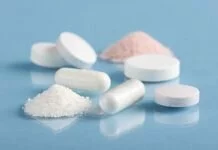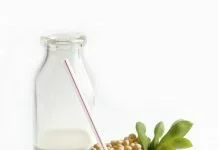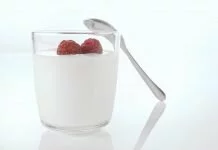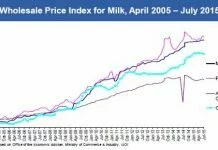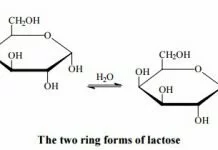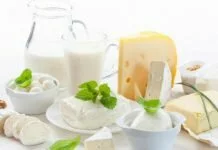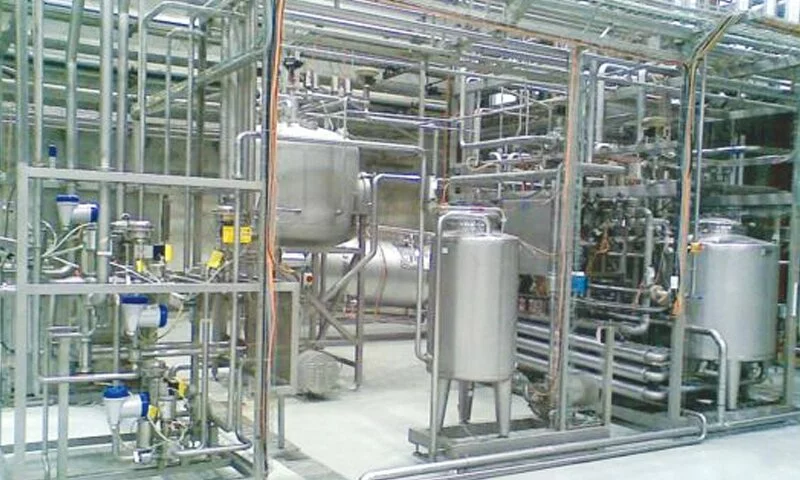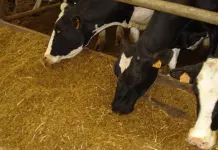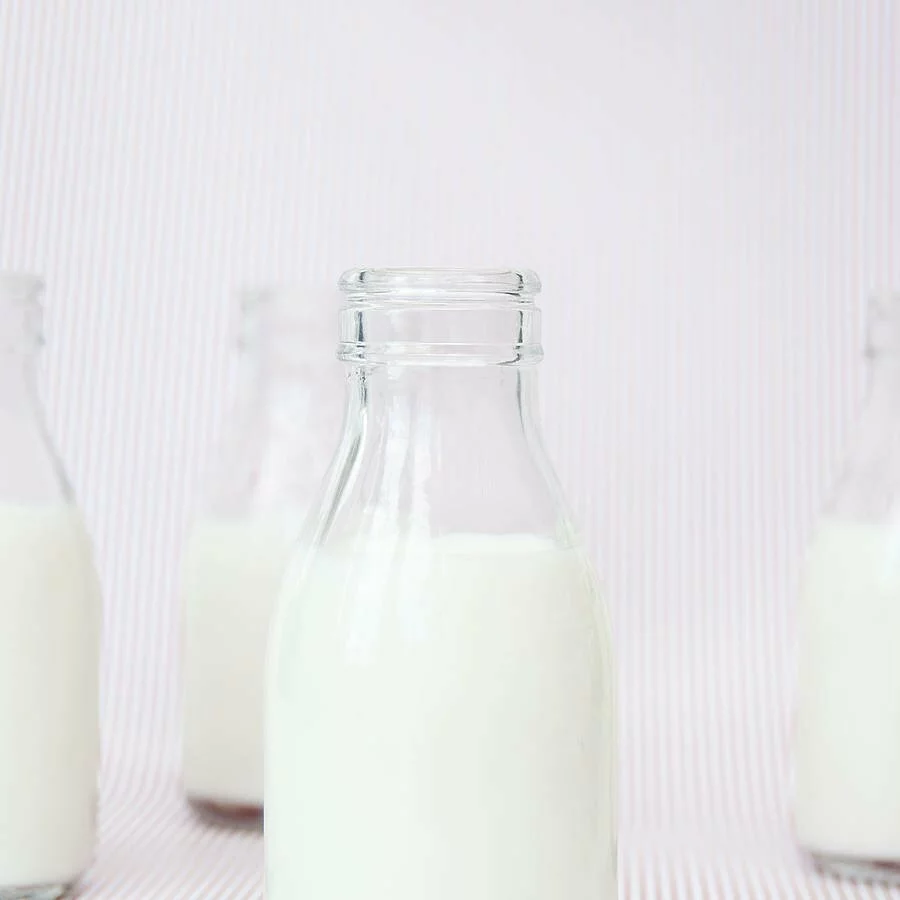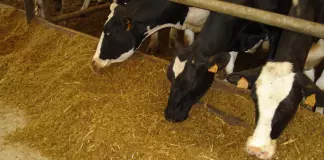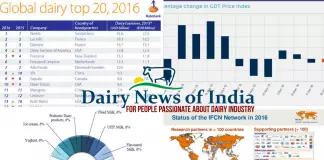Source: thehindu.com
Can Ayurveda formulations make milk safer? This is the experiment the Kolar Milk Union is dabbling in, and hopes to produce at least 25,000 litres of milk that has significantly lesser residue of antibiotics.
Currently, farmers are stuck in a catch-22 situation: exotic species such as Holstein Friesian (Hf) and Jersey cows give superior milk yield compared to native species; however, they are more susceptible to illness and need to be pumped with high amounts of antibiotics. While the global standards for antibiotic residue content is 0.2 milligram per millilitre, all milk in India is higher than this, says M.N. Balakrishnan Nair, Emeritus Professor at the city-based Trans Disciplinary University (TDU).
In a recent study done by him in association with the Tamil Nadu Veterinary and Animal Sciences University (TANUVAS), milk samples from Karnataka, Kerala, and Tamil Nadu were tested over three years. “While Karnataka contains the least quantity of antibiotic residue, the content is still higher than the prescribed limits. This has long-term effects as the residue is consumed by humans and eventually, leads to microbes being resistant to antibiotics,” he said.
The solution proposed is a herbal mixture of aloe vera and turmeric, which can decrease antibiotic residue by over 49 per cent, Mr. Nair said. Seeking funding from Netherlands-based organisation Solidaridad, Rakesh Singh, Managing Director, KMF, said the Kolar Milk Union will produce safe milk as part of the pilot project in a few months time. This is expected to yield between 25,000 and 30,000 litres, he said.
G.T. Gopal, Managing Director of Kolar Milk Union, said the proposal was awaiting approval from the Netherlands government. “Once it is done, we’ll train farmers on preventive measures using herbal medicines. Of course, we can’t stop antibiotics immediately. Serious illnesses cannot be cured using herbal medicine. But, we can reduce the extent of antibiotics in milk,” he said.
The market for such products can be created, and milk with lesser antibiotics can be sold at a premium, he said. “This is the first step in going towards mass-creating organic milk,” Mr. Gopal said
Comments
comments







